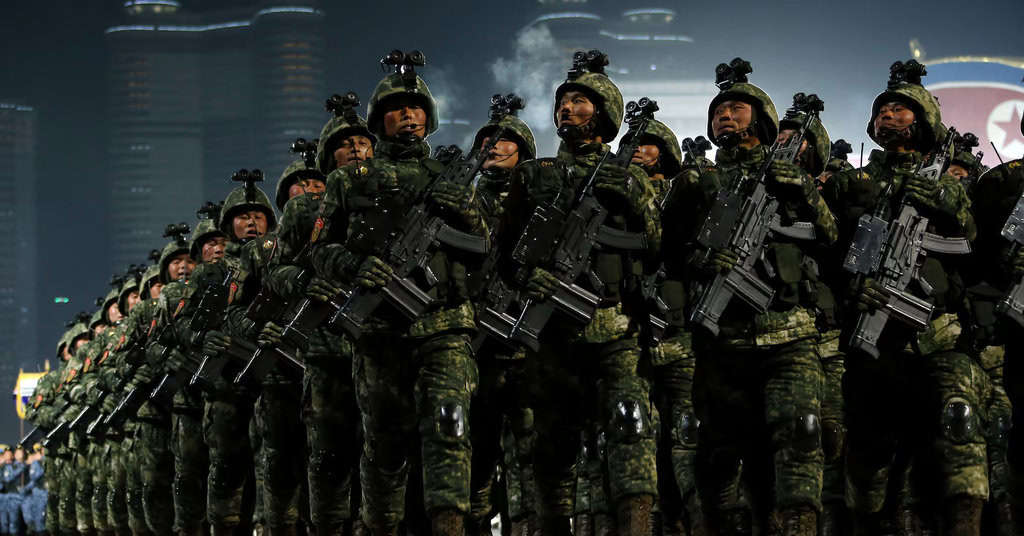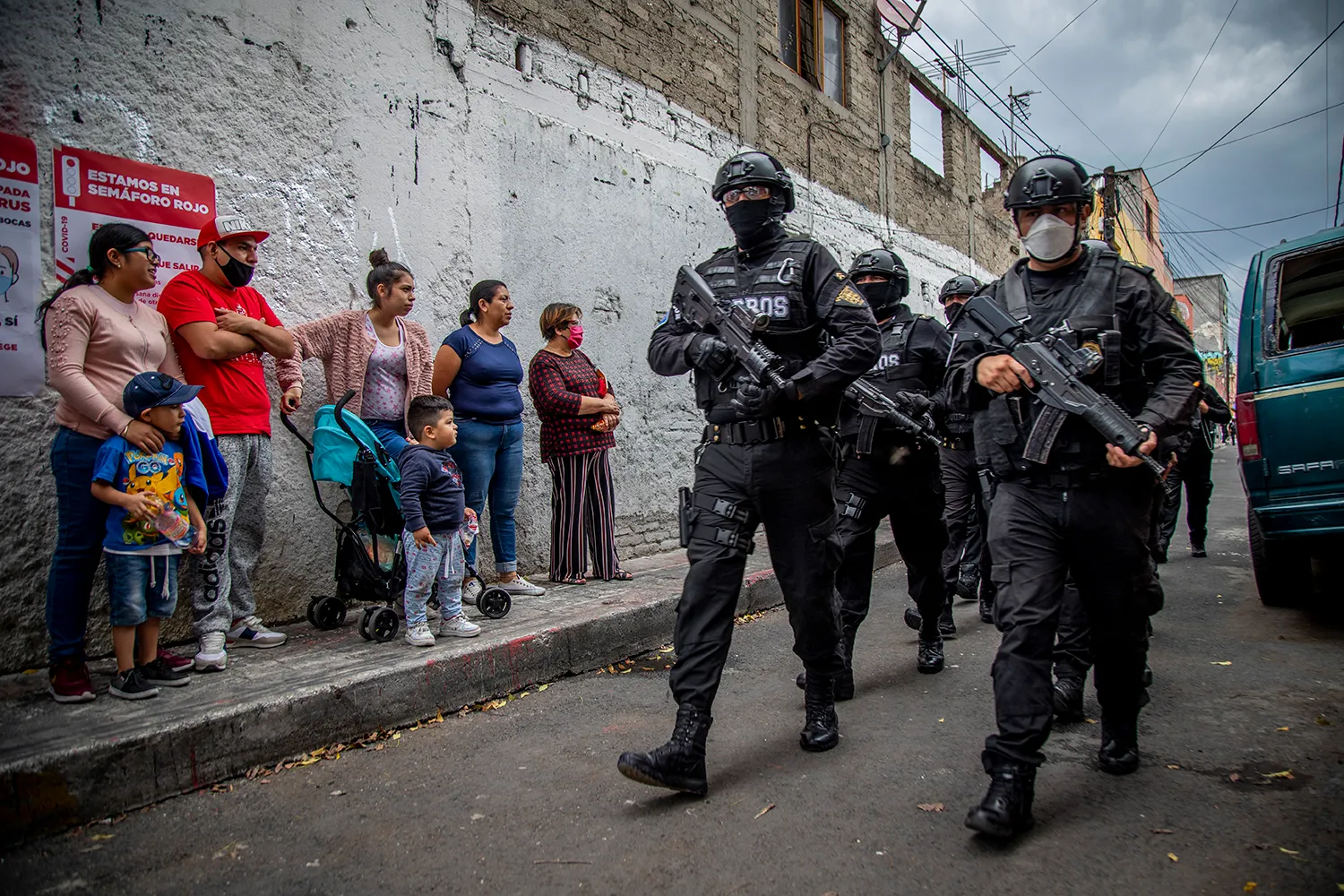Turkey Blocks Instagram: A Closer Look at the Controversy
Turkey has recently blocked access to the popular social media platform Instagram. This decision, announced by the country’s infotech regulator on Friday, has left the platform’s mobile app inaccessible to Turkish users. The exact reasons and duration of this ban have not been disclosed, leading to widespread speculation and concern.
The Trigger: Condolence Posts for Ismail Haniyeh
The ban follows remarks made on Wednesday by Fahrettin Altun, a key Turkish communications official. Altun criticized Instagram for allegedly blocking posts that expressed condolences over the killing of Ismail Haniyeh, a prominent figure in the Palestinian militant group Hamas.
Altun labeled the platform’s actions as “censorship, pure and simple.” He voiced his frustration on X (formerly Twitter), asserting that Instagram did not cite any policy violations to justify its actions. His comments have sparked a significant debate over the limits of social media regulation and censorship.
Official Response and Broader Implications
As of now, Instagram’s parent company, Meta Platforms Inc., has not issued a statement regarding the ban or Altun’s allegations. This silence leaves many questions unanswered about the interplay between social media companies and national governments.
The decision was formally published by Turkey’s Information Technologies and Communication Authority (BTK) on August 2. The lack of clarity on the rationale behind the ban has fueled discussions about freedom of expression and the potential for governmental overreach in regulating digital platforms.
Navigating the Future of Social Media in Turkey
This incident is not an isolated case; it highlights ongoing tensions between Turkey and various social media platforms. The country’s approach to regulating online content often sparks controversy and raises concerns about the impact on free speech.





